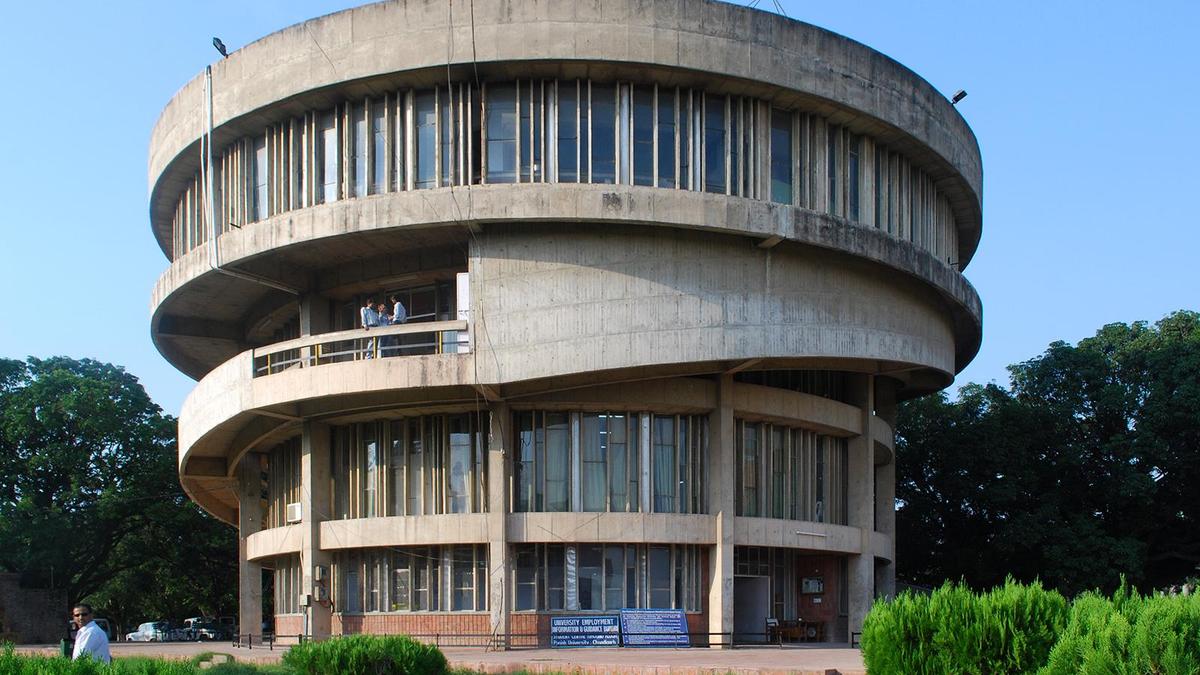With the State Election Commission (SEC) issuing the notification for the December local body elections on Friday, the battle for Kerala’s local bodies have begun in earnest.
While the Communist Party of India (Marxist)-led [CPI(M)] Left Democratic Front (LDF) hopes for an encore of 2020 - when it dominated all levels of the local body tiers, the Congress-led United Democratic Front (UDF) and the Bharatiya Janata Party (BJP)-led National Democratic Alliance (NDA) are looking to change the tide, eyeing upset victories, especially in crucial Corporations and municipalities.

In the 2020 elections, the LDF had gained a clear upper hand in the district panchayats, Corporations, grama and block panchayats and the municipalities. It currently holds five of the six Corporations, 44 of the 87 municipalities (including the Mattannur municipality in Kannur where elections were held in 2022), over 500 of the 941 grama panchayats, over 100 of the 152 block panchayats and 11 of the 14 district panchayats.
The UDF holds one Corporation - Kannur, in addition to 41 municipalities, over 300 grama panchayats, over 35 block panchayats and three district panchayats. The NDA controls two municipalities - Palakkad and Pandalam - and 11 grama panchayats.
In Corporations
Pitched battles are expected in urban local bodies, including the LDF-ruled Thiruvananthapuram and Thrissur Corporations. While the BJP is the major Opposition in Thiruvananthapuram, in Thrissur Corporation, the LDF secured power with the support of an Independent candidate, a Congress rebel, who was made Mayor.
With the local body elections also being viewed as a prelude to the State Legislative Assembly elections in 2026, the poll battles are expected to be especially fierce this time.
While the LDF campaigns will predictably be centred on the achievements of the Pinarayi Vijayan government on the development and welfare fronts, the UDF is expected to highlight alleged corruption in governance. Both the UDF and the NDA are expected to raise the gold ‘theft’ row linked to the Sabarimala Ayyappa temple as a major issue in their respective campaigns. The BJP hopes to make a difference by highlighting the national-level development agenda of the Narendra Modi government and the promise of fast-track development in Kerala.
On another front, Kerala is also moving to the polling booths after a massive delimitation exercise which has changed the contours of the 1,200 local body wards and increased their numbers from 21,900 to 23,612. Of these, 23,576 wards will see elections in December 2025, as the five-year terms of the 36 wards of the Mattannur municipality will end only in September 2027.
Colourful history
Local body elections in Kerala have a colourful history. The first election, under the Travancore-Cochin Panchayat Act, 1950, was held in 1953. Important years with respect to local body elections include 1957 when an Administrative Reforms Committee (ARC) was constituted with the Chief Minister as the Chairperson and 1960 when the Panchayat Act was enacted, dividing the Local Bodies department into the Panchayat department and the Municipal department.
The ARC “recommended measures for decentralisation of power at various levels and methods for democratisation of the organs of government at various levels with a view to effective participation of local self-governing institutions in the administration,” the SEC has observed.
The second election was held in 1963, but after that, voters in Kerala had to wait a long 16 years for the next one. On February 10, 1978, the Assembly witnessed a heated debate over the repeated postponement of local body polls. M.V. Raghavan, then still with the CPI(M), moved a brief resolution in the Assembly on behalf of P.R. Sivan: “The House asks the government to promptly hold the delayed panachayat-municipal-Corporation elections.” The third elections were finally held in 1979, followed by the fourth in 1988.
The 2025 edition will be the seventh after the 73rd and 74th constitutional amendments of 1992 and the enactment of the Kerala Panchayat Raj Act and the Kerala Municipalities Act of 1994. The SEC came into existence on December 3, 1993. Under the new laws, the first elections were held in 1995, and since then, they have been held every five years without a break, the last one a three-phased exercise in 2020 under strict COVD-19 protocols.

 1 hour ago
3
1 hour ago
3









 English (US) ·
English (US) ·